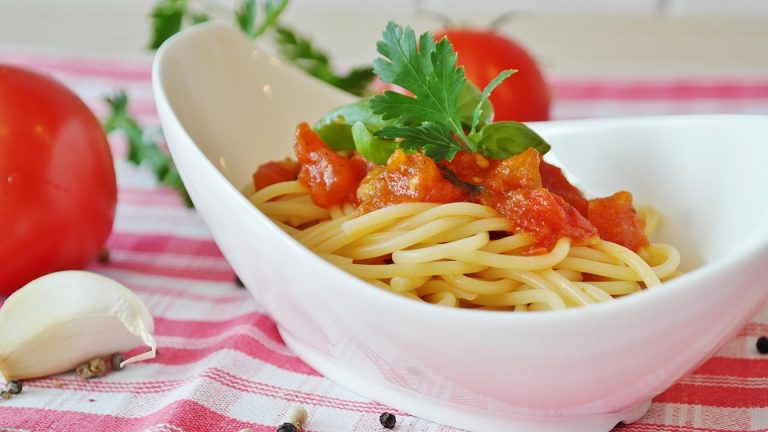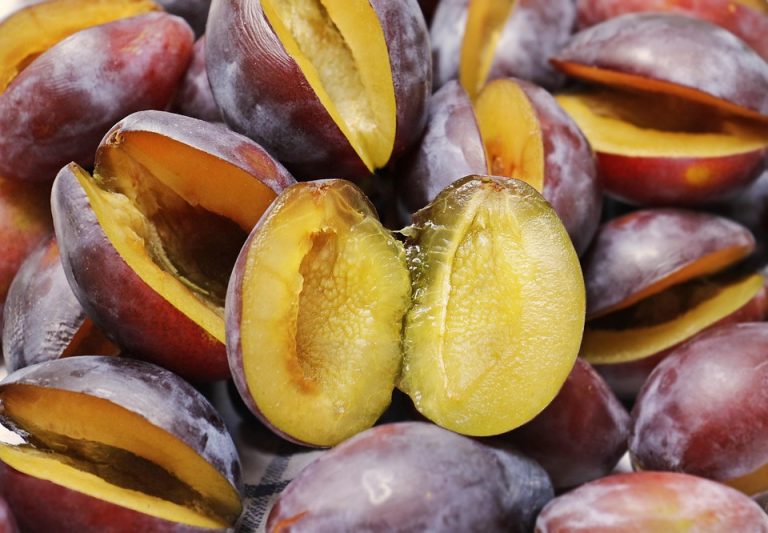Contents
Muscle gain nutrition success hinges on the right foods. You want to fuel your body with the best to build strength and endurance. It’s not just about lifting weights; it’s about what you eat before, during, and after those workouts. If you’re ready to transform your meals into your personal power-up, let’s dive into the essential foods that can make a real difference.
Understanding Muscle Gain Nutrition
When we talk about muscle gain nutrition, we’re focusing on the specific nutrients your body needs to repair and build muscle tissue. This is crucial whether you’re just starting out or you’re a seasoned athlete aiming for a new goal. Proper nutrition fuels your workouts, enhances recovery, and ultimately leads to muscle growth.
Why does this matter? Because the right foods can turn your workouts into something extraordinary. Imagine feeling stronger, more energetic, and more confident in your body. It all starts in the kitchen.
The Role of Protein in Muscle Growth
Before we jump into our list, let’s talk about protein. This macronutrient is the backbone of muscle growth. It provides the amino acids your body needs to repair and build muscle after you’ve pushed it to its limits.
Recommended Daily Intake: Aim for around 1.6 to 2.2 grams of protein per kilogram of body weight, depending on your activity level.
1. Chicken Breast
Let’s kick things off with a classic—chicken breast. This lean source of protein is low in fat and high in essential amino acids. It’s versatile, easy to prepare, and can be seasoned to fit any flavor profile you crave.
Benefits:
- High protein content (about 31 grams per 100 grams)
- Low in calories
- Supports muscle repair and growth
2. Quinoa
Don’t overlook quinoa. This super grain not only packs protein but also provides complex carbohydrates, crucial for energy. Quinoa is a complete protein, meaning it contains all nine essential amino acids.
Benefits:
- Approximately 8 grams of protein per cup (cooked)
- High in fiber and nutrients
- Gluten-free option for those with sensitivities
3. Eggs
Ah, the humble egg. Often referred to as nature’s multivitamin, eggs are a powerhouse of nutrients. They contain high-quality protein and beneficial fats, essential for hormone production and muscle repair.
Benefits:
- About 6 grams of protein per egg
- Rich in healthy fats, vitamins, and minerals
- Packed with choline, which supports brain health
4. Greek Yogurt
Let’s talk about Greek yogurt—a creamy, delicious treat that’s also rich in protein. It’s ideal for breakfast or a post-workout snack. Choose the unsweetened variety to avoid added sugars.
Benefits:
- Approximately 10 grams of protein per 100 grams
- Contains probiotics for gut health
- Versatile for smoothies, parfaits, or as a base for sauces
5. Salmon
It’s hard to beat salmon when it comes to muscle gain nutrition. This fatty fish is loaded with omega-3 fatty acids, which help reduce inflammation and support overall heart health.
Benefits:
- Around 25 grams of protein per 100 grams
- Rich in omega-3s and vitamin D
- Great for skin and joint health
6. Lentils
Don’t forget about lentils. These legumes are not only protein-packed but also a fantastic source of fiber and complex carbohydrates. They’re an excellent choice for vegetarians and vegans.
Benefits:
- Roughly 9 grams of protein per half-cup (cooked)
- High in iron and folate
- Supports digestion and gut health
7. Almonds
Snack time? Reach for almonds. These nuts are a great source of healthy fats, protein, and fiber. They can help keep you feeling full while providing essential nutrients for recovery.
Benefits:
- About 6 grams of protein per ounce
- Loaded with vitamin E and magnesium
- Supports heart health and weight management
8. Sweet Potatoes
Fuel your workouts with sweet potatoes. They’re not just a delicious side dish. Packed with complex carbs, they provide the energy you need to power through your sessions.
Benefits:
- High in fiber and vitamins A and C
- Low on the glycemic index, helping maintain stable blood sugar
- Supports digestive health
9. Cottage Cheese
Cottage cheese is a fantastic muscle-building food. It’s high in casein protein, which digests slowly, making it a great choice before bed to fuel recovery overnight.
Benefits:
- About 28 grams of protein per cup
- Contains calcium and B vitamins
- Can be eaten plain, or with fruit for a tasty snack
10. Spinach
Last but not least, let’s talk about spinach. This leafy green is often overlooked, but it’s packed with essential vitamins and minerals that support overall health. Plus, it’s low in calories, making it an ideal addition to any meal.
Benefits:
- Rich in iron and magnesium, crucial for energy production
- Contains antioxidants that help reduce oxidative stress
- Versatile—toss it into salads, smoothies, or omelets
Putting It All Together: Meal Ideas
Now that you have your essential foods, how do you incorporate them into your diet? Here are some meal ideas to get you started:
- Breakfast: Scrambled eggs with spinach and a side of quinoa.
- Lunch: Grilled chicken breast on a bed of mixed greens with a scoop of cottage cheese.
- Snack: Greek yogurt topped with almonds and a drizzle of honey.
- Dinner: Baked salmon with roasted sweet potatoes and steamed broccoli.
You see, it’s not just about one food; it’s about creating a balanced plate.
The Importance of Hydration
While we’re focusing on foods, let’s not forget about hydration. Water plays a crucial role in muscle function and recovery. Aim for at least 2-3 liters per day, more if you’re sweating it out in the gym.
Mindful Eating for Muscle Gain
Finally, consider the importance of mindful eating. Listen to your body, eat when you’re hungry, and choose foods that make you feel good. This isn’t just about muscle gain; it’s about creating a sustainable, healthy lifestyle.
Bottom Line
Fueling your body with these 10 essential foods for muscle gain nutrition success can set you on the path to achieving your fitness goals. Remember, it’s not only about what you eat but also how you feel about your food choices.
Start incorporating these foods into your meals today, and watch your strength and confidence soar. Your body deserves the best, and so do you.
Frequently Asked Questions
1. How important is protein for muscle gain?
Protein is crucial for muscle repair and growth. Aim for 1.6 to 2.2 grams of protein per kilogram of body weight.
2. Can I build muscle on a vegetarian or vegan diet?
Absolutely! Incorporate plant-based protein sources like lentils, quinoa, and tofu to meet your needs.
3. How often should I eat these foods?
Incorporate these foods into your daily meals and snacks to support muscle gain and recovery effectively.
4. Should I take supplements for muscle gain?
Whole foods should be your priority. Supplements can help, but they shouldn’t replace a balanced diet. Always consult a healthcare professional before starting any new supplement.
Your journey to muscle gain nutrition success begins with these essential foods. Embrace them, and transform your meals into your secret weapon!
Get Your FREE Natural Health Guide!
Subscribe now and receive our exclusive ebook packed with natural health tips, practical wellness advice, and easy lifestyle changes, delivered straight to your inbox.




